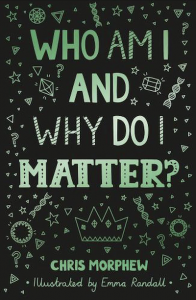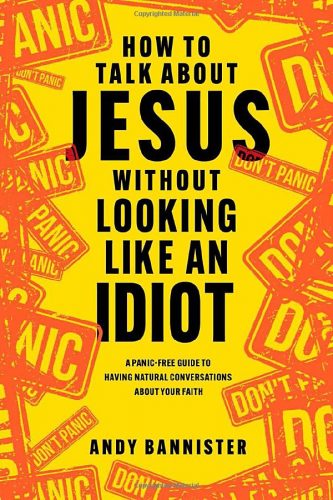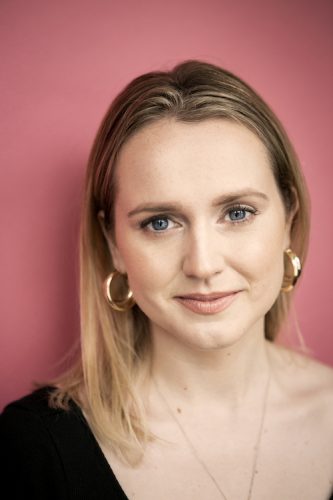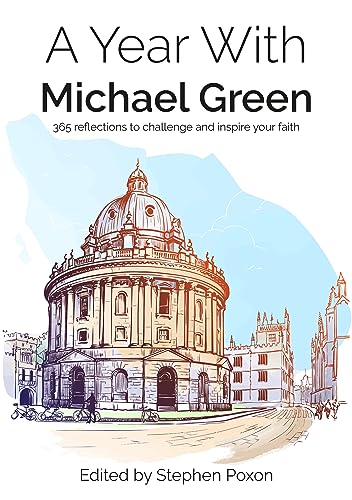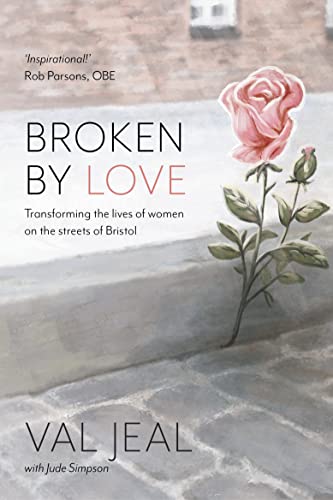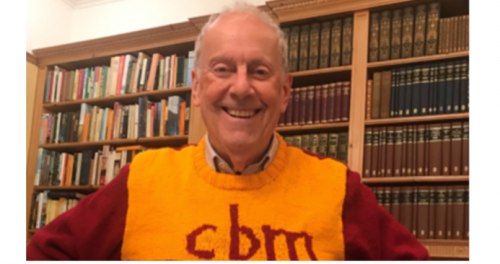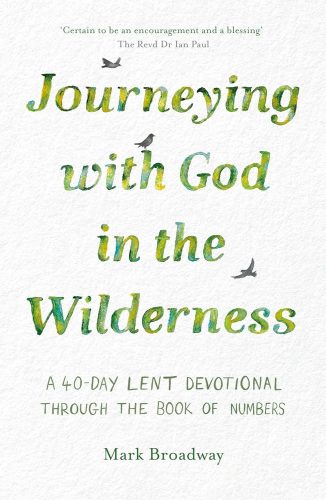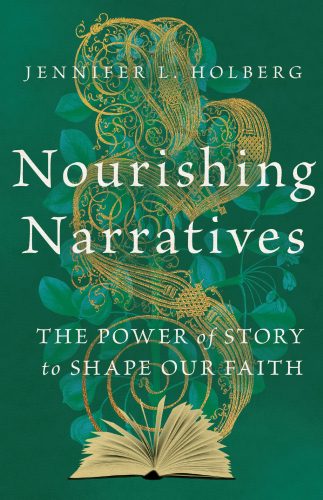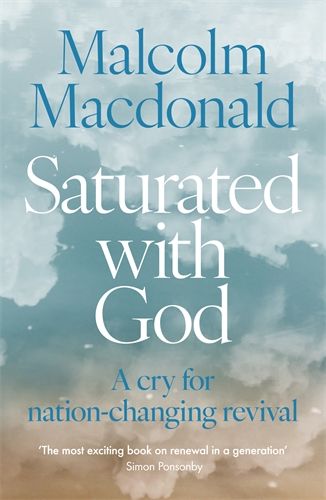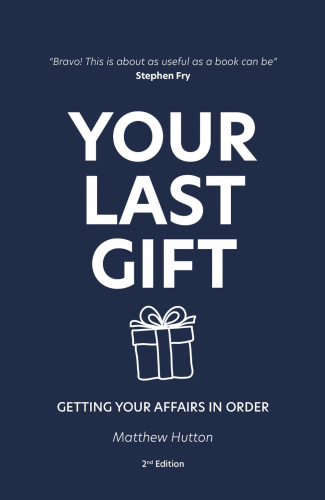 The Bible teaches us to be intentional about our lives, so far as we have the power, writes minister and former lawyer Matthew Hutton.
The Bible teaches us to be intentional about our lives, so far as we have the power, writes minister and former lawyer Matthew Hutton.
And if we are Christians (or indeed Jews), to do so in relationship with God: “The human mind plans the way, but the LORD directs the steps.” (Proverbs 16:9, NRSV) Indeed, whether we are believers or not, we are well used to planning for the future: who we want to spend our lives with, perhaps to have children, with choices to be made around work, home, hobbies, and so on.
But the one thing the vast majority of us do not make plans for or around is death, which is bound to happen one day (if Jesus does not return first). And that’s odd in the light of a surprising finding in a report published last November by Christian Think-Tank Theos (Love, Grief, and Hope – Emotional responses to death and dying in the UK): one of four of us thinks about our own death at least once a week.
one thing the vast majority of us do not make plans for or around is death
It’s curious too that only two in five adults in the UK have made a Will, appointing those who we trust to be Executors to administer our ‘estate’ (what we own) and those we would like to receive it as Beneficiaries.
I want to suggest that the sub-title of my book Getting your Affairs in Order is both an essential part of intentional life planning and indeed an act of kindness to those we leave behind: hence the main title Your Last Gift.
There’s also precedent to be found in Scripture. Before the wise Counsellor Ahithophel took his own life when his advice to David’s rebellious son Absalom was not followed, “… he went off home to his own city. He set his house in order …” (2 Samuel 17:23).
And when King Hezekiah of Judah was terminally sick, the prophet Isaiah said to him “Thus says the LORD: Set your house in order, for you shall die; you shall not recover.” (2 Kings 20:1) In the New Testament St Paul urges providing for your family: “And whoever does not provide for relatives, and especially for family members, has denied the faith and is worse than an unbeliever.” (2 Timothy 5:8).
As well as preparing for the aftermath of death, we should make Lasting Powers of Attorney, both for property and financial affairs, and for health and welfare, if we become no longer able to make decisions for ourselves. And then there are our preferred funeral arrangements, as well as the Will.
More practically, there’s making a plan for our home and its contents. Or for any business or a charity with which we are involved. What about digital assets and passwords? If we have minor children, dependent relatives or pets, who is to look after them? Plus a whole lot more …
Your Last Gift suggests how you might do this, available in hardback (£19.99) or as an e-book (£9.99), at just 120 pages, with interspersed illustrations and reflective quotes, Your Last Gift aims to be both concise and comprehensive. The book directs you to a series of flexible checklists and forms (also included within the book) which you can either download from the website or buy as a printed book at an additional cost, to fill in, keep updated and store in a safe place.
Putting our affairs in order need not be a frightening thing and it can be a process, taking place over time. Essentially, it is a responsible and indeed loving thing to do, in making things easier for our nearest and dearest when we die, who at the same time will have to suffer the grief of bereavement.
 Indeed, from Isaiah’s advice, one could say that getting one’s affairs in order is a divine mandate. I see it as a key part of planning for life – and so we might think of it as ‘our last gift’.
Indeed, from Isaiah’s advice, one could say that getting one’s affairs in order is a divine mandate. I see it as a key part of planning for life – and so we might think of it as ‘our last gift’.
- Rev Matthew Hutton DL (retired tax lawyer, farmer and Church of England priest) is the author of Your Last Gift – Getting Your Affairs in Order (2nd Edition, March 2024) – yourlastgiftbook.com


